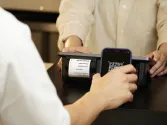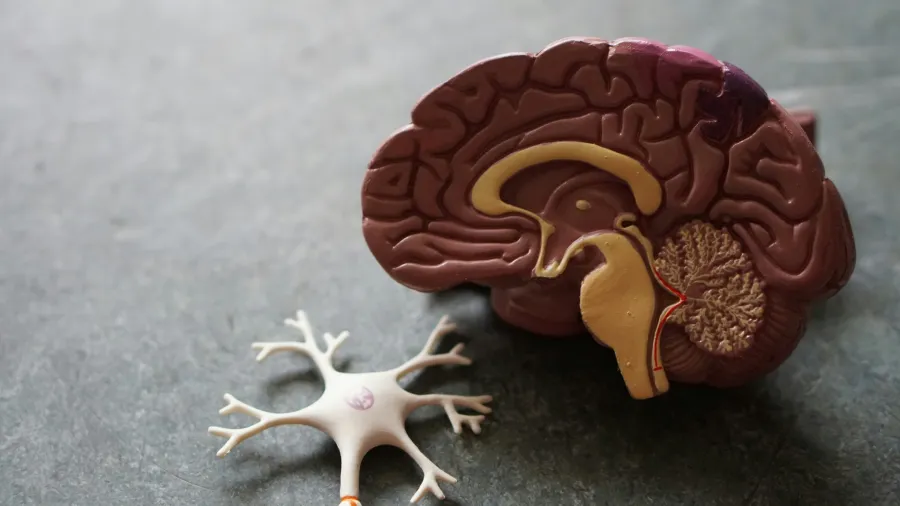
Australia allocates $20m for new treatments for childhood brain cancers
A National Childhood Brain Cancer Clinical Trial Consortium will be opened.
The Australian Government has allotted over $20m for the next seven years through the Medical Research Future Fund (MRFF) for clinical trials and vital efforts on research for new treatments for children, including young adults with childhood brain cancers, including Diffuse Intrinsic Pontine Glioma (DIPG).
Through the programme, a new National Childhood Brain Cancer Clinical Trial Consortium will be inaugurated. The resulting consortium will allow collaboration between countries and ensure access to clinical trials and better data.
ALSO READ: Shek Kip Mei Chest Clinic to suspend operations for new facility construction
Additionally, the research will bring access to the experimental medicine, ONC201 (dordaviprone), to be available to eligible Australian patients from the Expanded Access Program.
“Research is a key weapon in our unrelenting fight against DIPG and childhood brain cancer. The National Childhood Brain Cancer Clinical Trial Consortium will build capacity and capability in infrastructure, researchers, and the health system to find treatments and give hope to families and kids with brain cancer,” Mark Butler, Australian Minister for Health and Aged Care, said.
Brain cancers are generally the most common solid tumours, also the deadliest, amongst children, with a survival rate of over 80%. DIPG is a rare childhood brain cancer that has currently fewer treatment options and meager prognosis outcomes.


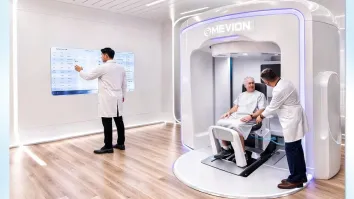
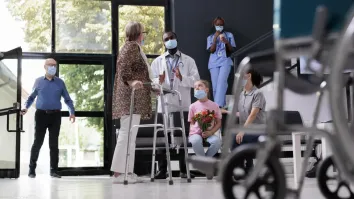

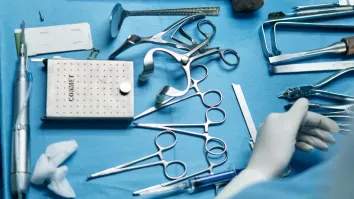













 Advertise
Advertise


